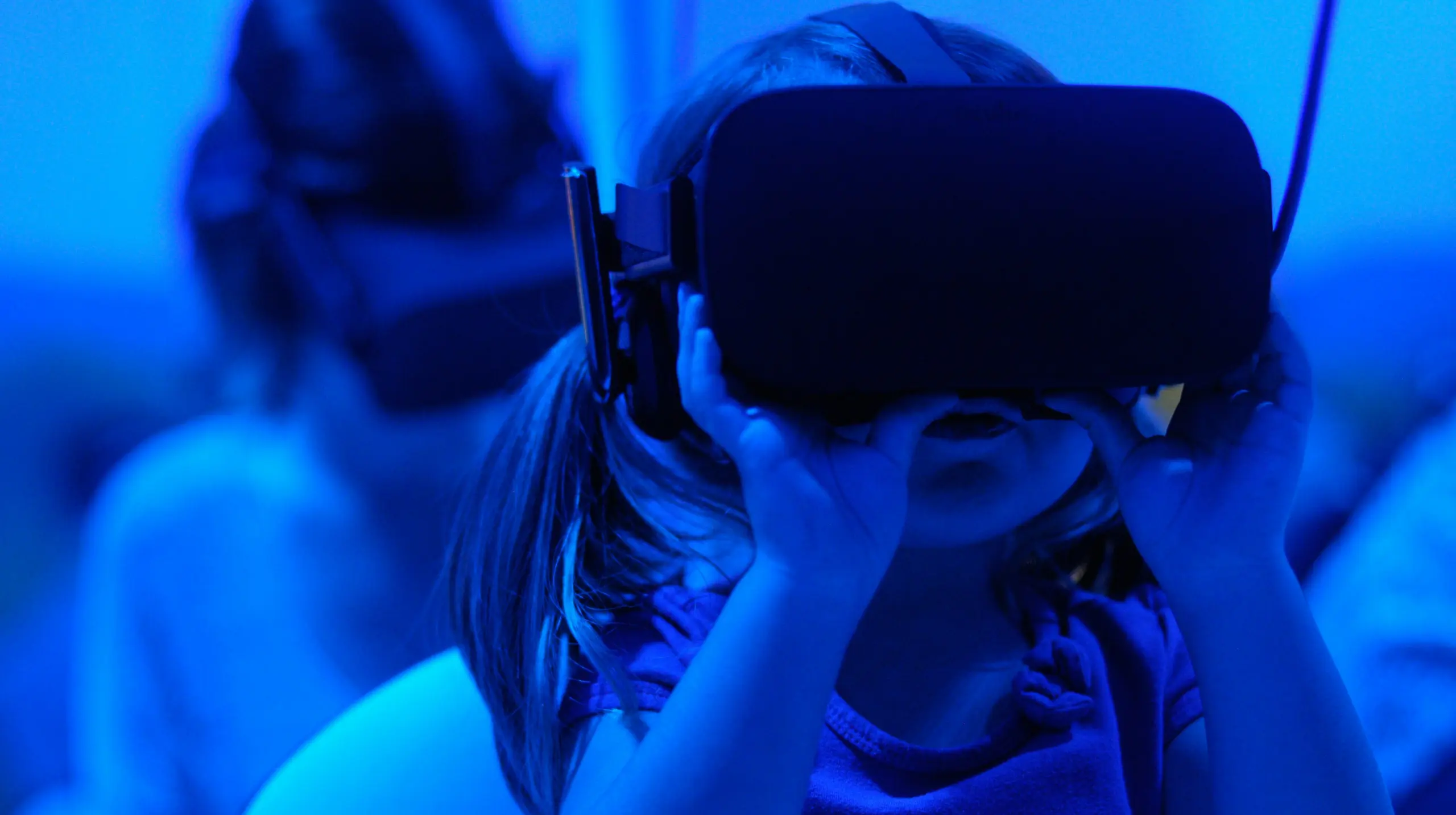A history of storytelling

One of the most powerful communication forms is story. The word story means an account of events told. Storytelling has been used for millennia and in different forms. Ancient groups used it to tell history and pass down traditions through generations. It is something children learn about in school, and it is increasingly relevant for business leaders looking to get their message across in more message-saturated times.
So, let’s take a look at how storytelling has evolved over time and how it continues to be relevant today.
Visual storytelling
From the most ancient African carvings to Egyptian hieroglyphics, information was shared in and passed down through visual storytelling. Ancient cultures used to carve their visual stories into caves or other permanent structures. Even Australia’s first peoples, the Aboriginals, communicated thousands of years ago through Indigenous rock art. It seems that, thousands of years later, we have circled back to this effective and engaging way of storytelling through the use of emojis, infographics and other symbols and icons.
Written storytelling
Following visual storytelling, written stories began to take prominence in the 17th century with modern newspapers and literature becoming mainstream. Written stories often provide a greater level of detail of events recounted than visual storytelling. However, as many a young person will attest, written storytelling is not as engaging as other forms (we’ve heard many young people say, “Why read something when you can watch it?”). Which leads us to the latest iteration of storytelling.
Digital storytelling
In the 20th century, digital storytelling was born through television and other interactive storytelling methods like gaming platforms, music videos, social media sites and even podcasts. Even today, social media platforms like Instagram call their live, interactive and real-time feature, ‘Instagram stories’.

While storytelling has evolved over time, the principles of a great story remain timeless. Great stories create interest and capture our attention. Great stories instruct and communicate meaning. Great stories involve us. And importantly, great stories inspire us.




